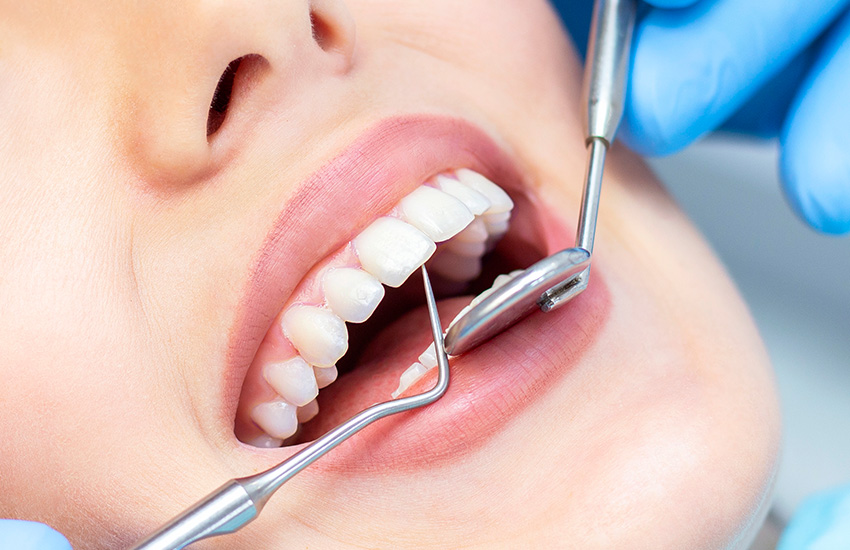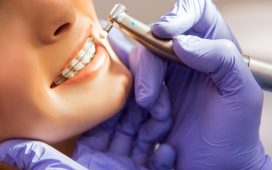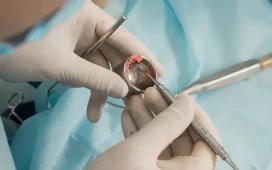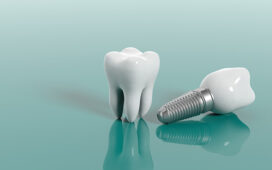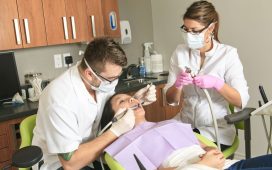A family dentist plays a vital role in keeping everyone’s smiles healthy and bright. They do more than just fix problems. They help prevent them from happening in the first place. By focusing on preventive care, a family dentist ensures that children and adults maintain strong, healthy teeth. This involves regular check-ups and cleanings, which stop cavities and gum disease before they start. A family dentist also offers valuable education. They teach good habits, such as proper brushing and flossing techniques. This guidance empowers families to take charge of their oral health. For instance, a general dentist in Fairfield, CA might organize workshops or provide resources that cater to the unique needs of their community. These steps lead to better long-term oral health. In essence, a family dentist serves as both a protector and educator, ensuring a lifetime of healthy smiles for the whole family.
Preventive Care Strategies
Preventive care is the foundation of a healthy smile. It includes regular dental visits, cleanings, and early detection of dental issues. These regular visits help in identifying problems before they escalate. This approach saves both discomfort and costs in the long run. The American Dental Association recommends visiting the dentist at least twice a year for optimal oral health. This practice ensures that issues like plaque buildup or minor cavities do not become serious concerns.
Educational Role
Education is a powerful tool in maintaining oral health. Family dentists teach families how to care for their teeth effectively. This includes demonstrating proper brushing techniques and advising on the right type of toothbrush to use. They also emphasize the importance of flossing, a step often neglected in daily routines. Understanding the impact of diet on oral health is another crucial aspect of their educational role. Dentists provide advice on foods to avoid and those that promote strong teeth.
Comparison of Dental Care Practices
Here is a comparison of common dental care practices to understand their effectiveness in maintaining oral health:
| Practice | Frequency | Effectiveness |
|---|---|---|
| Brushing | Twice Daily | Removes Plaque and Prevents Tooth Decay |
| Flossing | Daily | Prevents Gum Disease |
| Dental Check-Ups | Twice a Year | Early Detection of Dental Issues |
Community Involvement
A family dentist is not just confined to the clinic. Many engage with the community to spread awareness about oral health. They conduct workshops or seminars to educate people on the importance of dental hygiene. Some might partner with schools to introduce children to good oral health habits early in life. This proactive approach ensures that the message reaches a wider audience, creating a community aware of the importance of oral health.
The Impact of Preventive Care on Overall Health
Good oral health is closely linked to overall health. Conditions like gum disease can increase the risk of serious health issues, including heart disease and diabetes. By focusing on preventive care, family dentists contribute to the overall well-being of their patients. Regular dental care aids in maintaining not just a healthy mouth, but a healthier body too.
Building Trusting Relationships
Family dentists build long-lasting relationships with their patients. This trust is crucial, especially for children who may feel anxious about dental visits. Familiarity with the dentist can make these visits less daunting and more positive. A trusting relationship encourages open communication, making it easier for patients to discuss their concerns or symptoms without hesitation. This openness can lead to early intervention and better health outcomes.
Conclusion
In conclusion, the role of a family dentist extends far beyond treating dental issues. They are instrumental in both preventing problems and educating patients about oral health. Through regular check-ups, community involvement, and personalized education, they ensure that families have the knowledge and tools needed for lifelong oral health. Their work contributes significantly to the overall well-being of their patients, reinforcing that a healthy smile is indeed a key component of a healthy life.


